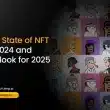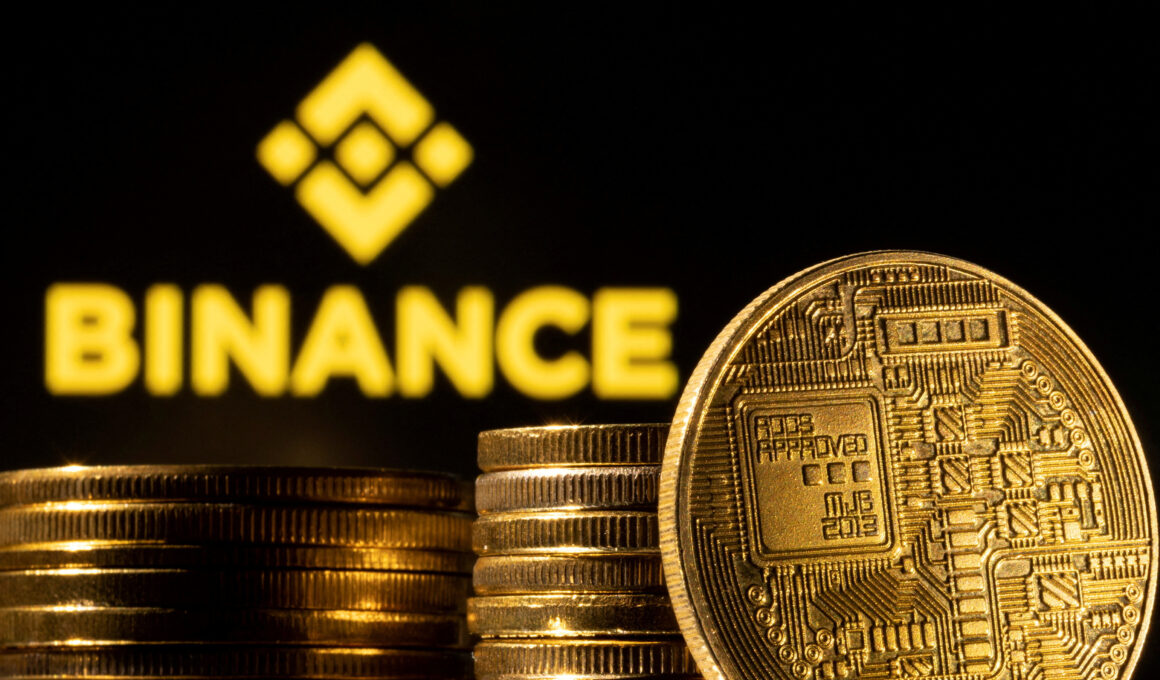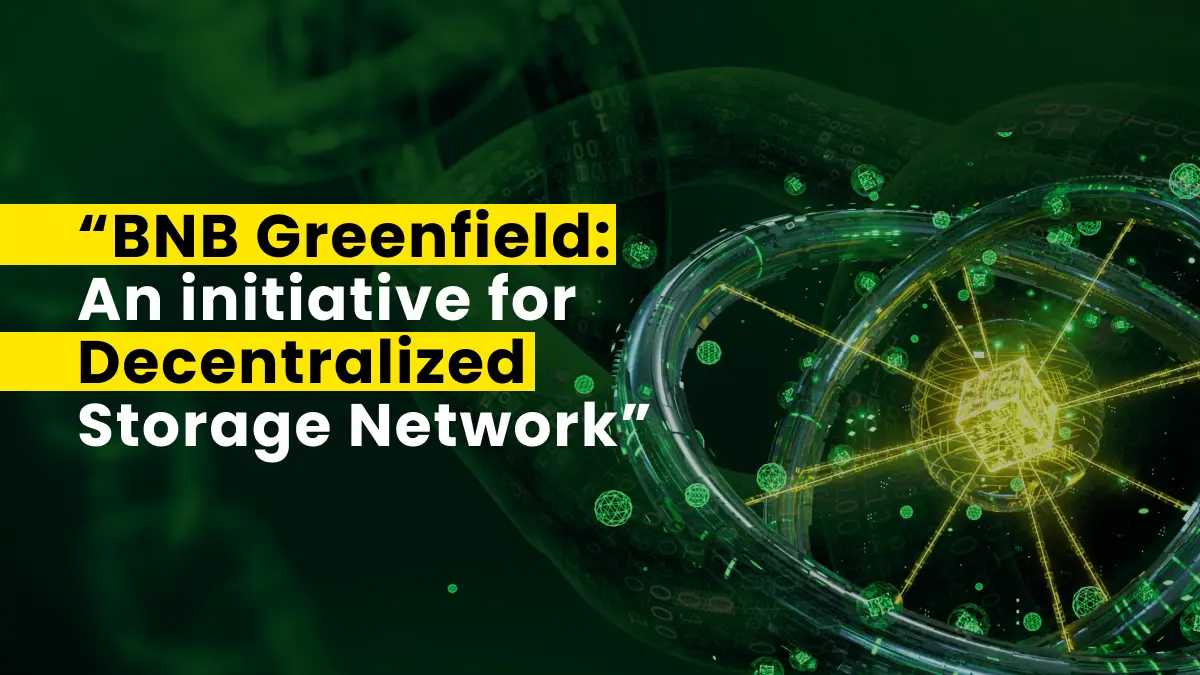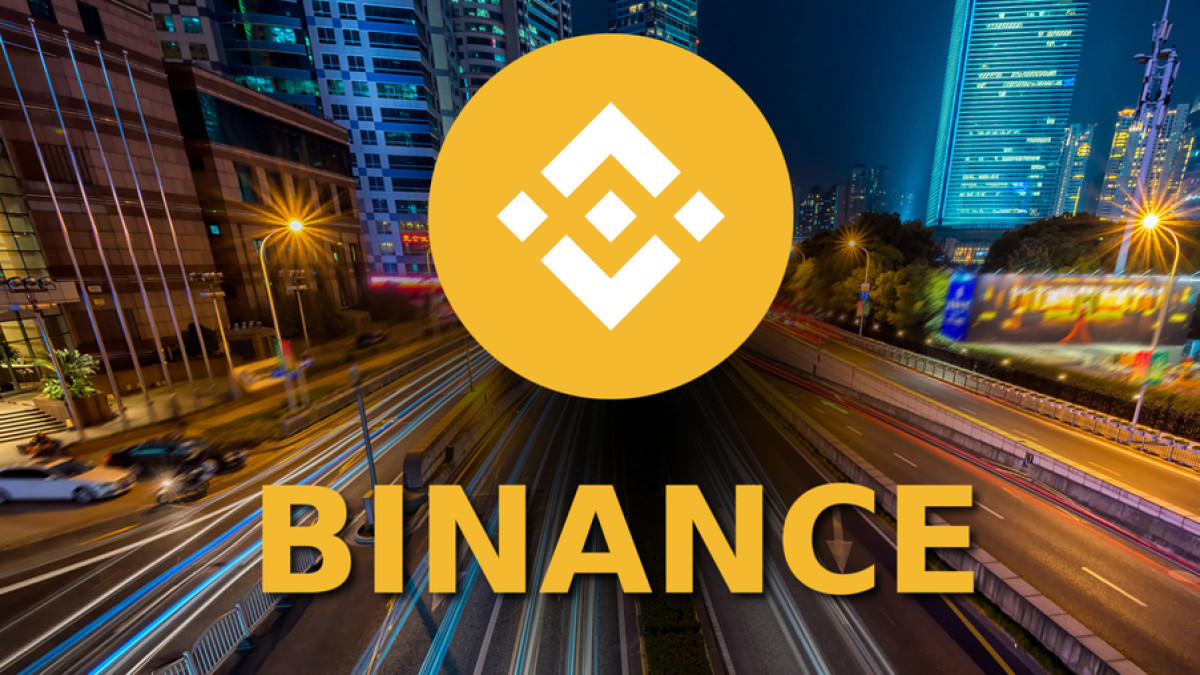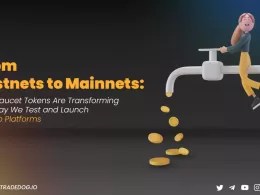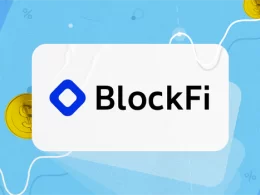Centralized cryptocurrency reserves have recently attracted more attention following the FTX collapse, as people seek a better-regulated way to secure their digital assets. Proof-of-Reserves has been proposed as a potential solution to this need for enhanced security and transparency. This verification process would require cryptocurrency exchanges and other institutions dealing with digital currency holdings to regularly prove that the amounts being held by them match up exactly with what investors own.
This is an important step in giving stakeholders greater confidence in their reserves, as it would ensure these protocols are working precisely as intended, thus preventing any further losses from occurring.
Binance Released its PoR Report for BTC Reserves
Binance, the world’s largest crypto exchange by trading volume, released a report from global financial audit, tax, and advisory firm Mazars that demonstrates their reserve of customer bitcoin (BTC) is well-secured. The report confirmed that these reserves are overcollateralized – meaning that there is more reserve held than is actually needed. This further secures and safeguards customer funds on the exchange. An essential element of any service in the cryptocurrency sphere is reserve security, and Binance appears to have it nailed down.
Despite this assessment, Francine McKenna, a lecturer in financial accounting at The Wharton School at the University of Pennsylvania, has emphasized that the evaluation is not an officially recognized audit. Rather than performing an independent comparison process among banks and custodians, McKenna claims the assessment was merely a comparison between public key addresses sourced from Binance’s management. With the remarkable reserve capacity that Binance claims to possess within its cryptocurrency infrastructure, these reports will remain highly indispensable for both customers and executives alike.
CZ Confirms Binance has No Outstanding Loans
Responding to a Twitter query, Binance exchange CEO Changpeng Zhao (CZ) assured that his exchange had no outstanding debts and even challenged anyone to inquire about it in their network. CZ was asked the question in relation to cryptocurrencies after Bitcoin Analyst Willy Woo questioned whether Binance’s auditor was working towards verifying its liabilities. CZ affirmed this by explaining how auditing liabilities is more complex but iterated that his exchange has no such outstanding loans. His bold challenge enticed the crypto community’s curiosity and conversely evoked a sense of assurance about Binance exchange.




